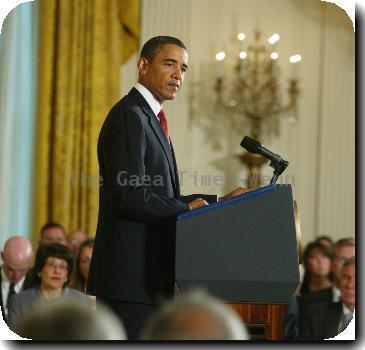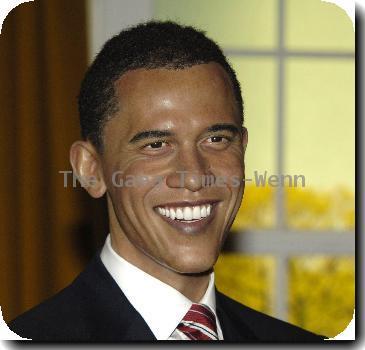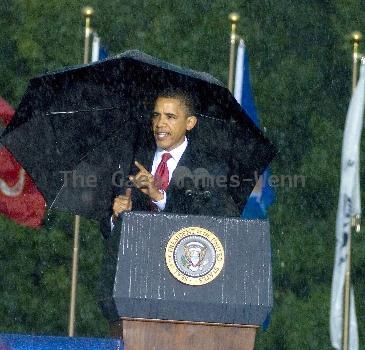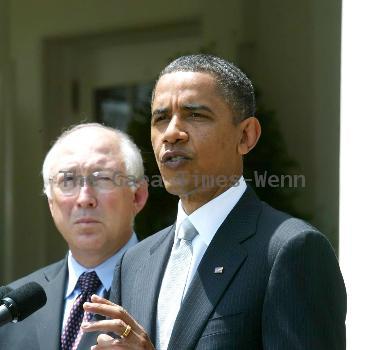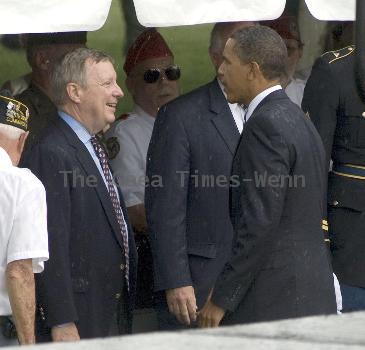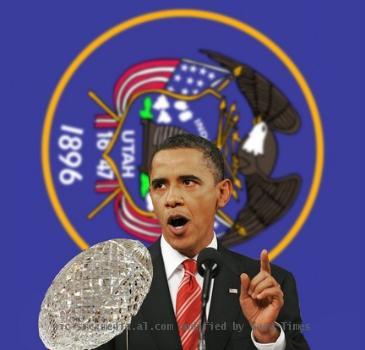Senate to question James Clapper on how he’d fix national intelligence as its director
By Kimberly Dozier, APTuesday, July 20, 2010
Intelligence director nominee faces a grilling
WASHINGTON — Pledging to increase trust with Congress, retired Air Force Lt. Gen. James R. Clapper said Tuesday he would be candid with lawmakers if confirmed as the next director of national intelligence.
Leading senators at Clapper’s confirmation hearing voiced skepticism about the ability of the next overseer of the nation’s 16 spy agencies to manage the sprawling intelligence community — something the last three directors struggled to do, in the face of competing authorities in the National Security Council and the CIA.
Clapper insisted said he would be able to exercise the necessary authority using the powers the DNI already has, rather than “going through the trauma,” of another reorganization. He added that he “would not agree to take the position if I was going to be a titular figure or hood ornament.”
During his confirmation hearing Tuesday before the Senate Intelligence Committee, he also said that his 46 years’ experience working in the intelligence field makes him uniquely qualified for the job.
One critic, Sen. Dianne Feinstein, D-Calif., offered praise for Clapper after the hearing. Feinstein, the committee chairwoman, she said she thought Clapper would be “a strong DNI…whose will was going to prevail.” She also said Clapper’s friendship with CIA Director Leon Panetta meant clashes between the two were less likely.
Congress created the DNI post in 2004 because of a perceived lack of coordination that preceded the terrorist attacks of Sept. 11, 2001. But critics from the White House to the intelligence community say the intelligence chief’s role is ill-defined because lawmakers did not want to give the director the authority to override decisions made by U.S. spy agencies. They contend that has reduced the DNI’s role to what some call “the cajoler in chief.”
Clapper sought to defuse criticism from some lawmakers about his many years spent in the military. He noted that he’d been out of uniform for almost 15 years, and that he was once removed as director of the National Geospatial Agency by former Secretary of Defense Donald Rumsfeld because “I was regarded as too independent.”
President Barack Obama nominated Clapper more than six weeks ago after pressing retired Adm. Dennis Blair to step down. During Blair’s tumultuous 16-month tenure, he clashed with Panetta over questions of overlapping authority. Blair was also seen as out of step with the inner national security sanctum led by White House counterterrorism chief John Brennan, who had to preside over the Blair-Panetta wrangles.
Clapper said Obama reassured him before the hearing that he would have the power to overrule the CIA director in matters of intelligence.
Clapper has faced the nomination process three times before — first as director of the Defense Intelligence Agency, then to lead the National Geospatial-Intelligence Agency, and, most recently, as undersecretary of defense for intelligence.
The hearing included blunt, colorful moments that showed Clapper’s directness, which has sometimes rubbed some lawmakers the wrong way. Clapper did not spare himself in criticizing a key intelligence briefing on weapons of mass destruction that preceded the U.S.-led invasion of Iraq in 2003 as a product of “incompetence.”
He also agreed that the intelligence committees should be notified of clandestine actions more routinely. Clapper said the 1947 National Security Act’s provision limiting briefings to Congress on covert action had been “perverted” and used as an excuse to withhold information on some clandestine operations.
Clapper has been praised by both Brennan and Panetta as someone they respect and work with regularly in his current role as the Pentagon’s top intelligence official. Described as detail-oriented, Clapper is seen as less likely to pick turf battles with agency heads.
But Clapper’s critics have complained that his military background is inappropriate for leadership of a mostly civilian intelligence network. Feinstein and some Republicans had taken issue with a memo drafted by his Pentagon staff that expresses concern that some authority that would be given to the DNI in the 2010 intelligence authorization bill could encroach on the Defense Department’s authority.
Feinstein began the hearing Tuesday telling Clapper that she wanted to make sure he would “wear the mantle of the Director of National Intelligence,” and move on from his recent post as the Pentagon’s intelligence chief.
Sen. Kit Bond of Missouri, the Intelligence Committee’s ranking Republican, said he had more questions that may require holding a second closed, classified hearing with Clapper.
Bond said that when Obama called to inform him of Clapper’s nomination, “his first selling point was that you were strongly supported by Defense Secretary (Robert) Gates and the Senate Armed Services Committee.” Bond said it wasn’t the best sales tactic.
Bond also questioned Clapper’s public dealings with lawmakers, saying he was “far too reluctant and reactive” in his previous appeances before the committee. And he complained that Brennan has taken up the intelligence oversight role that belongs to the DNI chief.
Tags: Barack Obama, District Of Columbia, Intelligence Agencies, Legislature Hearings, Military Intelligence, National Security, North America, United States, Veterans, Washington
